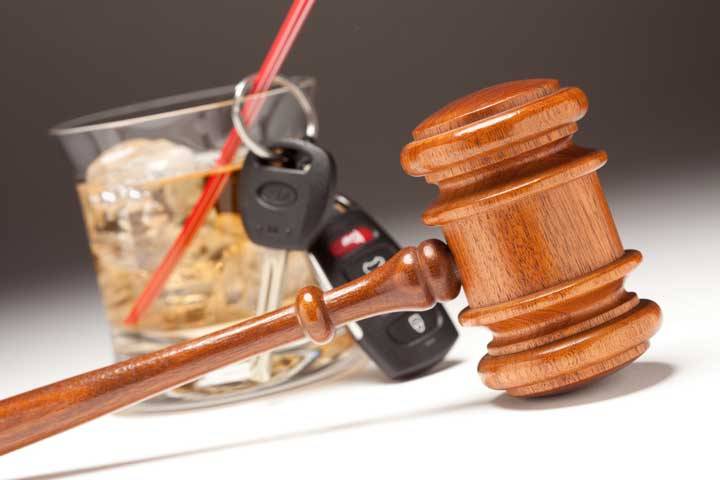
Some lawyers occasionally represent a client following a DUI. Others specialize in this legal scenario. In either case, a DUI is one of the times when a client needs a lawyer most in life, a time when there may seem like few options available. Whether or not you make DUI law a regular part of your practice, there are ways that you can offer additional value to your clients, especially if you apply the following methods.
First of all, most people call a DUI lawyer only after they’re already in trouble, often after an arrest has already been made. If you have ongoing relationships with clients, it’s important for them to understand how they should behave if they get pulled over after they have been drinking.
Of course, it’s important not to encourage drunk driving, but for those who make the mistake of doing so, there are ways to behave that could result in much better legal outcomes. By following these in the event of such a case, a client will give you, the lawyer, much more to work with later on.
The most important thing for your client to understand is that he or she should not incriminate themselves when being questioned by a police officer. Whether or not you’ve been in this situation, you can certainly imagine the questions. “Have you been drinking?” “How many drinks have you had?” “Are you under the influence of alcohol or drugs?”
Even though the honest answer to these questions may be “yes”, your client should understand they he or she is not required to answer, to self-incriminate. When pulled over by an officer, the client is detained, not arrested. Only when arrested will the officer read your client’s Miranda Rights. Prior to this announcement, these rights are in effect, and your client should know how to use them.
If your client remains silent and refuses to answer loaded, incriminating questions, he or she is halfway home, regardless of their actual blood-alcohol content level. Even if your client manages to remain silent, the officer is still likely to push for an onsite sobriety test. Your client will have seen this play out in movies and on TV before. But what they don’t tell you in programming like this is that the onsite sobriety test is completely voluntary. They don’t have to do it!
However, the officer can require a blood test to be administered at the police station or other nearby facility. If the officer feels there is cause to test your client, either due to apparent intoxication or poor driving, this test can be imposed on your client. It is important for your client to get in touch with you ASAP, before the test happens. If you are able to halt the test or get to the facility before it is administered, you may be able to give your client the most time and options. It’s always possible that your client will be under the legal limit anyway, or that in the time it takes to get from car to station, a legal BAC will be reached.
If your clients keeps his or her head and contacts you first thing in the event of a drunk driving pull over, you’ll be able to offer them the best legal outcomes.











